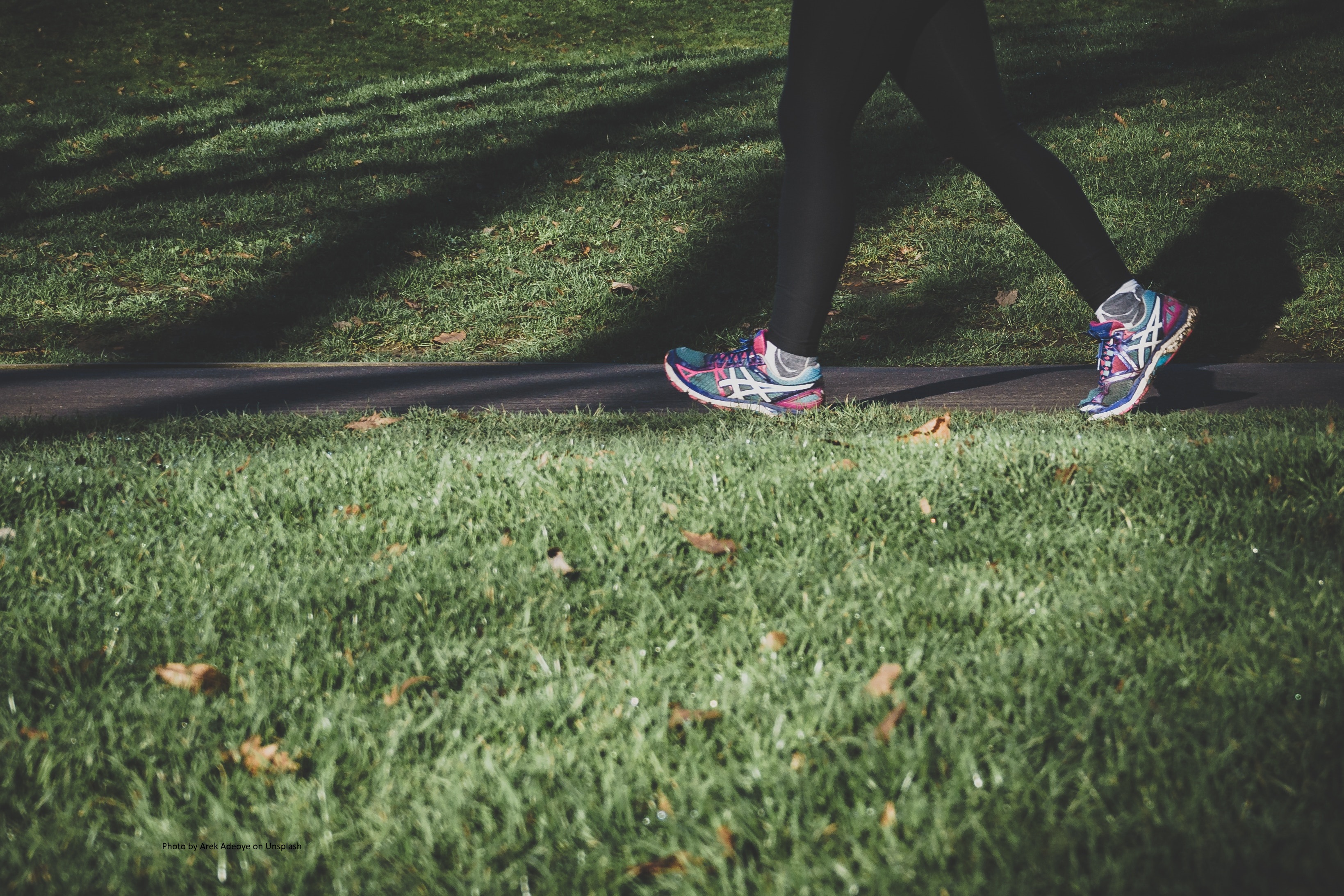Having low energy and feeling tired all the time is a chain reaction. Because you don’t sleep well, you wake up feeling tired and miserable. As a result, you have no energy to exercise or prepare nourishing food, and the cycle continues. If this happens on a rare occasion, that is one thing. But if this is a daily pattern, you have to find a way to break the cycle and move on to a life of energy and health.
Sleep

Sleep is absolutely the most important component to fixing this miserable merry-go-round of exhaustion. We must make sleep a priority in our lives in order to function. Sleep is not a “treat”; it is a necessity. Everyone requires a different amount of sleep to function optimally, but for adults, ages 26-64, the consensus is 7-9 hours per night. To find a good estimate of your sleep needs, add 15 minutes to your sleep time each night until you wake up feeling rested and don’t experience late afternoon exhaustion. Try your best to go to sleep and wake up the same time every day, including weekends. If you have an event on the weekend that gets you to bed later, don’t think you can make up for it by sleeping late the next morning. Make sure to get back to your schedule the next night. If you suffer from insomnia, consult a professional for strategies and possible medications to help you sleep.
Now that you know how much sleep you need, you can work on making your sleep environment optimal for rest. Keep your bedroom cool and as dark as possible. Invest in a decent mattress and pillows if yours are past their prime, as well as comfortable sheets and covers. For many people, a pre-bed routine helps them calm down and get ready for sleep. A warm bath or shower, a mug of herbal tea (no caffeine), and for some, reading a few pages in a book before lights out, does the trick. One thing you should absolutely avoid before bed is any type of computer screen. The blue light emitted by screens on cell phones, computers, tablets, and televisions diminishes the production of melatonin, the hormone that controls your sleep/wake cycle or circadian rhythm. Reducing melatonin makes it harder to fall and stay asleep. If you have become dependent on having the television on to get to sleep, work on breaking that habit.
Nutrition

Food is your most important source of energy. Often, when you are tired, you will crave sugar for a quick boost, which will end up making you feel more tired after your blood sugars drop. Many nutritionists recommend that you go no more than 4 hours without eating between meals. A healthy snack with protein, fat and carbs is optimal to prevent your blood sugars from rising and then plunging. An apple with some nut butter is such a choice. Experts also suggest you avoid eating too late at night as it can negatively affect your metabolism and create higher risk for certain diseases like diabetes. It can also affect your ability to sleep with blood sugar changes and possible indigestion. Avoid processed foods that have very little nutritional value. Try to eat foods that are close to their natural state like fresh vegetables and fruits. Berries and other foods that are high in antioxidants are excellent for improving your immune system. Drinking enough water is paramount to your health. The symptoms of dehydration are fatigue, fogginess, muscle soreness, and cramping. If you feel any of these symptoms, drink some water and up your daily water consumption. FYI, you do not need to avoid coffee and caffeinated tea, unless you find it affects you adversely. A cup of coffee before mid-afternoon can help you focus better at work. However, don’t drink it late in the afternoon or evening as it can affect sleep. If you want a warm drink after 2 pm, go for herbal tea or decaffeinated coffee.
Exercise

Getting your heart rate up through exercise is vital to banishing fatigue. Go for a walk, a bike ride, do some exercises at home, attend a yoga class, or go to the gym, whatever works for you. If you haven’t done any physical fitness for some time, start out with 5 minutes per day and slowly increase your time. This way, you won’t overdue it from the start and end up frustrated and too sore to continue. Building endurance through exercise and improving your muscles will not only help you get through those busy days without fatigue, but it will also help you sleep better at night and help you better use and digest the food your eat.
Implementing these three components will help you wake up energized and ready to start your day and will keep you vibrant and alert all day long. Now that’s a day we all desire.


